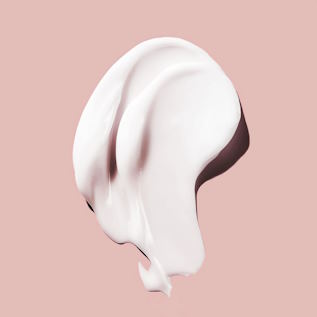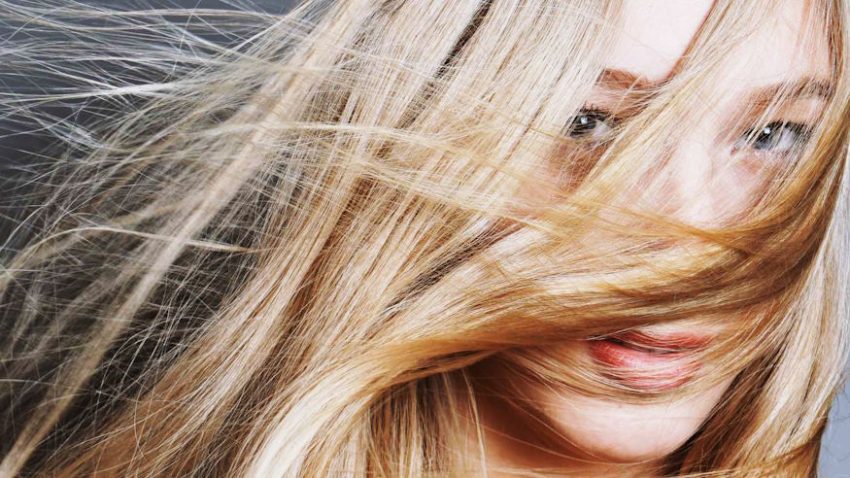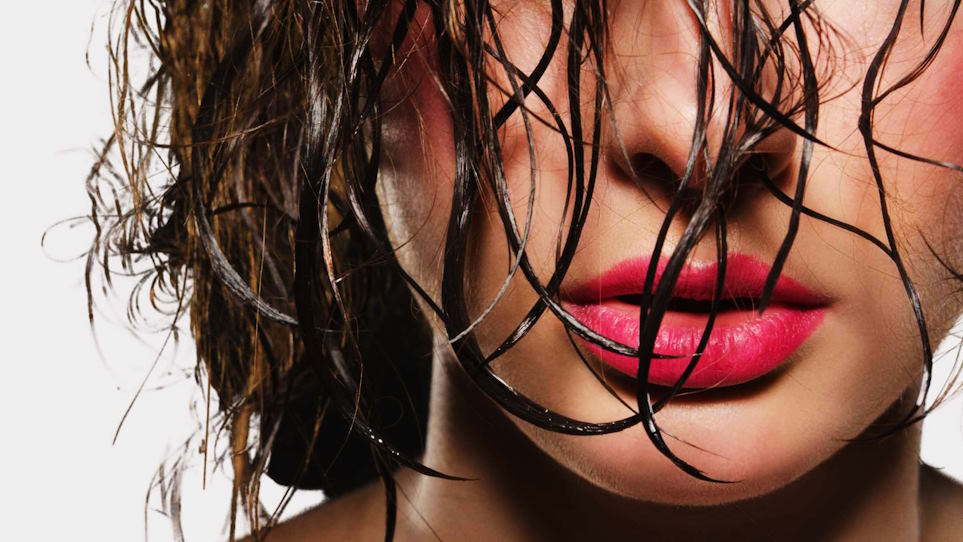In the realm of hair care, where every strand tells a story of its own, the benefits of using hair masks emerge as an essential narrative. Imagine stepping into a world where your hair transforms from lackluster to luscious, from brittle to bouncy, all with the application of a single product. Indeed, the journey to vibrant, healthy hair begins with understanding the significance of incorporating hair masks into your routine. From replenishing moisture to repairing damage, hair masks wield a transformative power that transcends mere cosmetic enhancement, delving deep into the roots of nourishment and restoration.
Types of Hair Masks
Hair masks are a versatile solution to address a variety of hair concerns, ranging from dryness and damage to frizz and unruliness. Understanding the different types of hair masks and their specific benefits can help you choose the right one for your hair type and condition.
Moisturizing Masks
-
 Ingredients suitable for moisturizing masks: Moisturizing masks typically contain ingredients such as natural oils (e.g., coconut oil, argan oil), shea butter, glycerin, and hyaluronic acid. These ingredients work to hydrate and replenish moisture in the hair shaft, leaving it soft, smooth, and manageable.
Ingredients suitable for moisturizing masks: Moisturizing masks typically contain ingredients such as natural oils (e.g., coconut oil, argan oil), shea butter, glycerin, and hyaluronic acid. These ingredients work to hydrate and replenish moisture in the hair shaft, leaving it soft, smooth, and manageable. - Best for dry and brittle hair types: If your hair feels parched and lacks luster, moisturizing masks are your go-to solution. They provide deep hydration to revive dull, dehydrated strands, making them ideal for dry and brittle hair types in need of a moisture boost.
Repairing Masks
- Ingredients suitable for repairing masks: Repairing masks are formulated with ingredients like keratin, protein, amino acids, and vitamins (e.g., vitamin E, B5). These ingredients help to strengthen and repair damaged hair, especially hair that has been subjected to chemical treatments or excessive heat styling.
- Best for damaged and chemically treated hair: Whether your hair has undergone coloring, bleaching, or straightening procedures, repairing masks can help restore its health and vitality. They target and repair the structural damage within the hair shaft, promoting smoother, more resilient strands.
Strengthening Masks
- Ingredients suitable for strengthening masks: Strengthening masks often contain ingredients such as biotin, collagen, ceramides, and panthenol. These ingredients work to fortify the hair structure, reduce breakage, and enhance overall hair strength and elasticity.
- Best for weak and brittle hair prone to breakage: Weak, brittle hair that is prone to breakage can benefit greatly from strengthening masks. By reinforcing the hair fibers and preventing further damage, these masks help improve the overall health and resilience of the hair.
Smoothing Masks
- Ingredients suitable for smoothing masks: Smoothing masks may contain ingredients like silicone, plant-derived oils (e.g., avocado oil, grapeseed oil), and smoothing agents (e.g., dimethicone). These ingredients help to tame frizz, seal the hair cuticle, and promote sleekness and shine.
- Best for frizzy and unruly hair types: If your hair tends to frizz up or appear unruly, smoothing masks can work wonders in taming flyaways and imparting a smoother, more polished look. They provide long-lasting frizz control and leave the hair feeling silky and manageable.
Choosing the Right Ingredients
When it comes to selecting the perfect hair mask, understanding the role of each ingredient is key to achieving optimal results. Let’s delve into the world of hair mask ingredients and explore their benefits and considerations for different hair types.
Overview of Common Hair Mask Ingredients
Hair masks are enriched with a myriad of ingredients, each chosen for its unique properties and benefits. Common ingredients found in hair masks include natural oils (such as coconut oil, argan oil, and olive oil), proteins (like keratin and collagen), vitamins (such as vitamin E and B5), botanical extracts, and humectants like glycerin and hyaluronic acid.
Understanding the Benefits of Each Ingredient for Different Hair Types
Different hair types require different ingredients to address specific needs. For instance, natural oils are excellent for moisturizing dry hair, while proteins like keratin are essential for repairing damaged strands. Vitamins and botanical extracts provide nourishment and promote hair health, while humectants help to retain moisture, especially in dry climates or during harsh weather conditions.
Avoiding Ingredients That May Be Harmful to Your Hair Type
While many ingredients offer benefits, some may have adverse effects, especially for certain hair types. For example, silicones, sulfates, and parabens can weigh down fine hair and cause buildup, leading to dullness and lack of volume. Similarly, alcohol-based ingredients can strip moisture from the hair, resulting in dryness and breakage. It’s essential to be mindful of these ingredients and opt for formulas that are free from potentially harmful additives.

